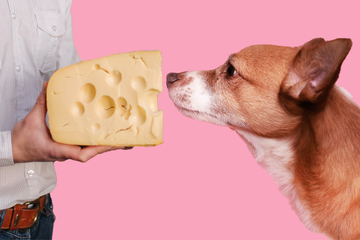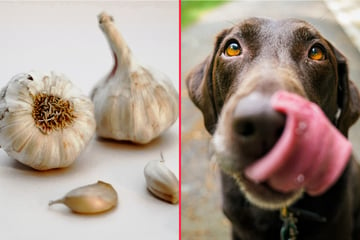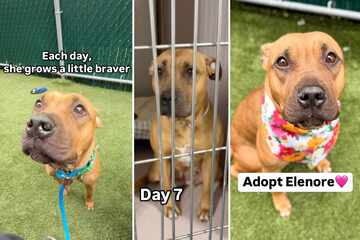Can dogs eat nuts?
Dogs seem to enjoy everything and will snuffle up any food that's been left on the floor, regardless of whether it is or isn't good for it. If your dog eats a discarded almond, though, is that okay? Can dogs eat nuts?
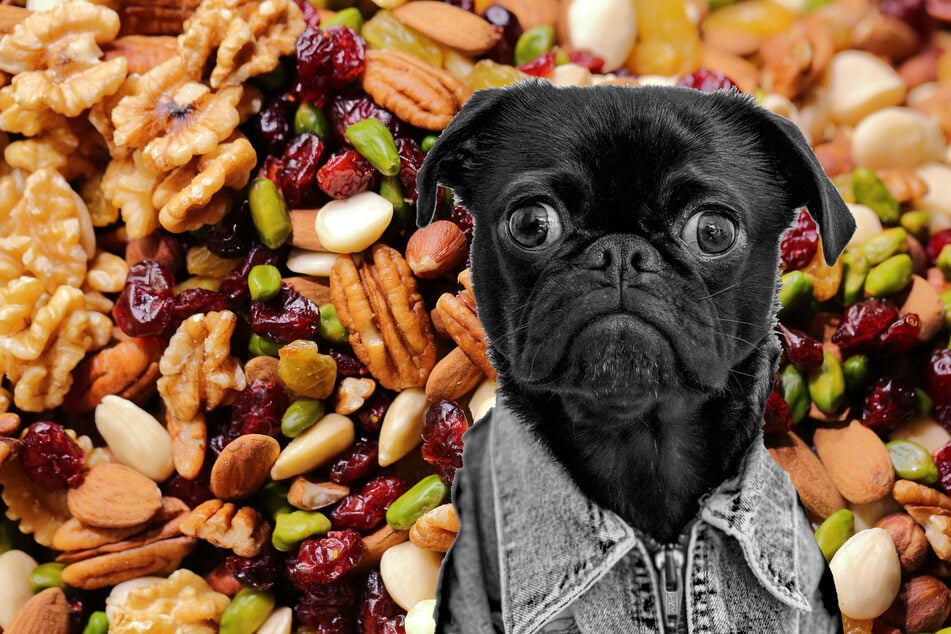
There is nothing better than the crunch of a good almond, the salty sweetness of a perfectly roasted pistachio, or the bite of a walnut in some top-shelf banana bread, but that doesn't mean that nuts are great for everyone – irrespective of whether we're talking about humans or canines.
So, what does that mean for our canine companions? In this dog guide, we'll take a look at whether dogs can eat nuts. Are nuts okay for dogs, and if so, which ones are good and which ones are bad? Let's take a look.
Can dogs eat nuts, or is it dangerous?
The majority of nut types, given that they are unflavored and unsalted, are okay for dogs in small quantities. Again, the emphasis here is on "small quantities," as excessive nut consumption can lead to severe pancreatitis and obesity (which comes with its own set of risks).
If a dog eats a nut, though, it is imperative that you remove the shell from the nut beforehand to guarantee that it cannot be choked on. In addition, the shells of nuts can cause serious gut issues and can even pass through your dog without dissolving, causing pain and a variety of problems.
In many cases, nuts can be a nutritious and filling snack for your darling doggo, providing highly important proteins and fibers while being relatively healthy in themselves. It is important to remember, though, that while nuts don't generally pose any direct threats, the fact that they are high in fat makes them unsuitable as a permanent or regular treat.
Dogs love to eat and will eat anything, so it is not unlikely that at some point in its life, your dog might eat a nut. When this happens, don't freak out, it's not too dangerous – just stop it from eating more.
Anaphylaxis in dogs: Can dogs have anaphylaxis?
It is possible for a dog to have anaphylaxis, and it can be extremely dangerous. While not usually obtained through the consumption of nuts, anaphylaxis is a very real risk for certain dogs, who may be allergic to a certain substance – in particular, foreign proteins.
In general, dogs who are allergic will go into shock from bee stings, insect bites, medications, and vaccines that contain the offending substance, certain foods, chemicals, and pollutants found in their environment. It's important to monitor for symptoms if your dog comes in contact with any of these things, just in case they are anaphylactic.
Symptoms of anaphylaxis in dogs include:
- Itching
- Red skin
- Swelling
- Hives
- Drooling
- Vomiting
- Diarrhea
- Swollen neck
- Trouble breathing
- Extreme distress
The specific reaction that your dog will have from an anaphylactic reaction will depend on the dog itself, what it is allergic to, and the extent of that allergy. Some dogs will be relatively okay, while others risk dying from a severe anaphylactic attack, which could cause them to go into shock.
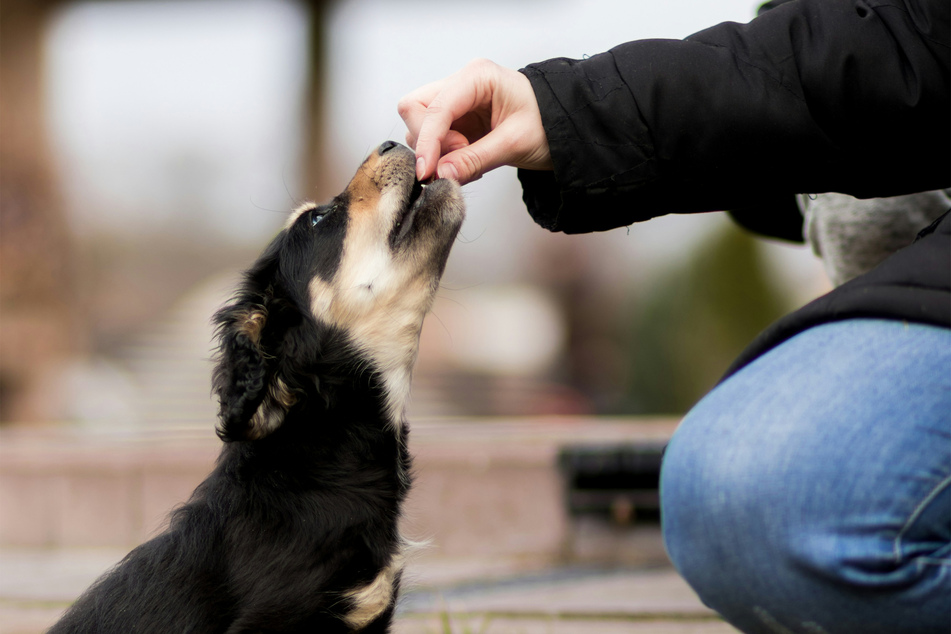
Important! If your dog goes into anaphylaxis: In the case that your doggo goes into anaphylaxis, you need to go immediately to your closest vet or pet hospital. This can be a fatal affliction, so speed is absolutely crucial. It is also a good idea to have your pet tested for anaphylatic allergies from a young age to stay ahead of the issue if it is present within your fluffy friend.
What nuts can dogs eat?
While dogs can't eat every type of nut, there are many deemed to be relatively safe for canine consumption. These delicious little bundles of flavor will keep your doggo happy as long as you provide them in moderation and balance. Be careful, make sure they're not allergic, and give them only one or two at a time.
Dogs can eat these nuts:
- Brazil nuts
- Pine nuts
- Chestnuts
- Peanuts
- Cashews
As long as you only give your dog a few, very rarely, these nuts should all be relatively safe for your dog to eat.
What nuts can dogs not eat?
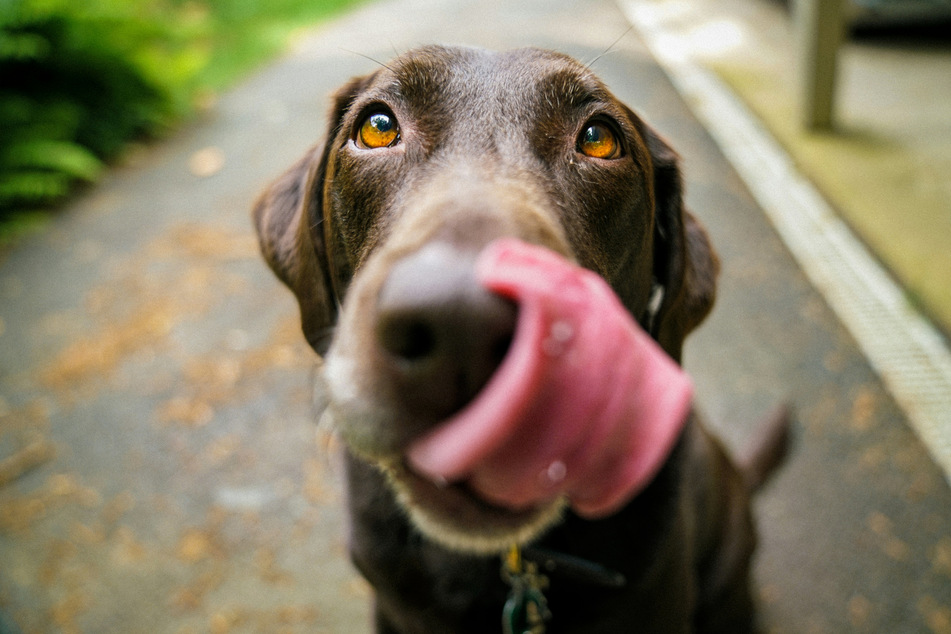
While the nuts we have already discussed are relatively safe, there are a few different kinds of nuts that are an absolute no-go for our homely hounds. If your dog eats one of these by accident, go to the vet, and if you give them one of these nuts, seriously think about what you just did... and then take your doggo to the vet.
These nuts are unsafe for dogs:
- Hazelnuts
- Almonds
- Pistachios
- Pecans
- Walnuts
- Macadamia nuts
These nuts are potentially dangerous for your dog, so make sure to keep them out of reach and out of mind.
Should you be worried about your dog eating nuts?
If you are ever worried that your dog has eaten something that it shouldn't, there are two things that you must do: 1) Monitor your dog for symptoms of poisoning, and 2) Go to the vet as soon as humanly possible. Occasional nuts are okay for your dog, so don't panic, but excessive quantities can be dangerous, so it's best to be cautious if you are unsure.
It's all about moderation, so if there's a situation where you have been unable to control the dosage of nuts your dog has consumed, then to the vet, you must go. Be abundantly careful, to the point of annoyance, because that anxiety will keep your dog happy and healthy.
Cover photo: Collage: Unsplash/Maksim Shutov/Charlesdeluvio

